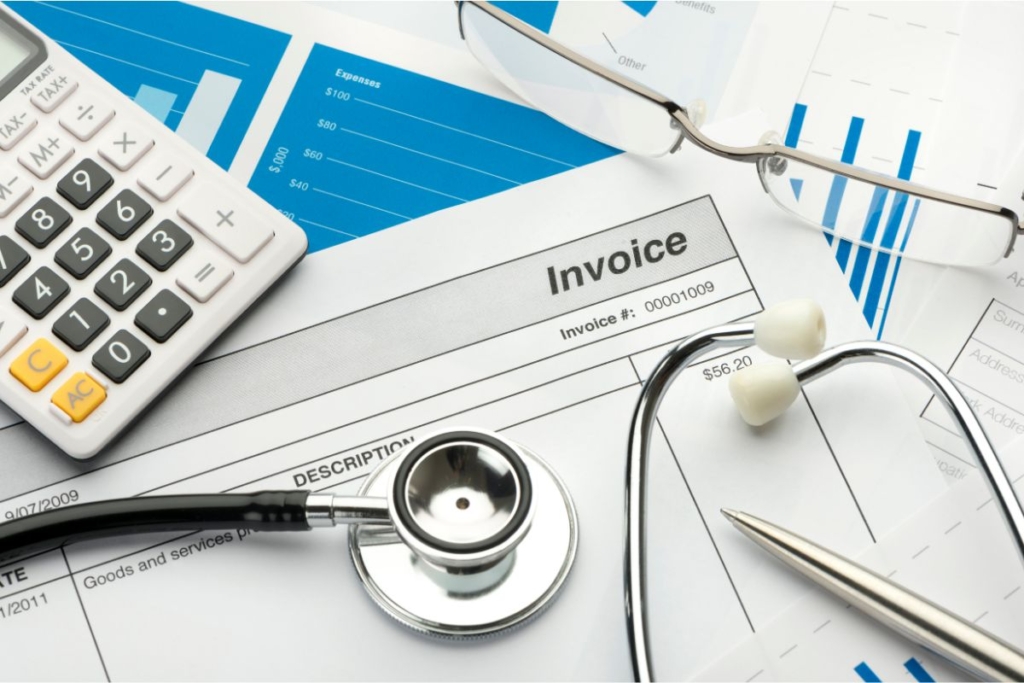Medical billing is integral to the healthcare system because it ensures that healthcare practitioners are adequately compensated. On the other hand, navigating the complexities of medical billing can be intimidating for medical professionals and patients. Access to the best medical billing resources is critical for streamlining the process and optimizing revenue cycles. This comprehensive tutorial will examine the many tools, software, and best practices to help you succeed with medical billing.
Recognizing the Value of Medical Billing Resources
The process of translating medical procedures and services into standardized codes for invoicing and payment is known as medical billing.
Medical billing efficiency is critical for various reasons:
Revenue Cycle Optimization:
Prompt payment is ensured through effective billing, eliminating cash flow delays and financial strain on healthcare facilities.
Compliance and Accuracy:
Medical billing resources assist in maintaining regulatory compliance and reducing errors, avoiding potential legal and financial implications.
Improved Patient Experience:
Simplified billing processes increase patient satisfaction and retention.
Important Medical Billing Resources
EHR (Electronic Health Record) Systems:
EHR systems are critical for healthcare practitioners because they provide a thorough digital record of a patient’s medical history. EHRs ease medical billing by automating coding and billing processes and increasing patient care. These solutions eliminate errors and save time, allowing healthcare personnel to concentrate on patient care.
Software for Medical Billing:
Medical billing software relieves medical staff by automating claim filings, tracking payments, and managing denials. The program’s accessible interfaces and reporting capabilities allow smooth interaction with EHR systems and improve revenue cycle management.
Manuals and Resources for Coding:
The basis of successful billing is accurate medical coding. Current coding manuals, such as Current Procedural Terminology (CPT) and the International Classification of Diseases (ICD), are required for healthcare professionals to identify and bill for medical services appropriately.
Billing Portals Online:
Patients can use online billing portals to easily comprehend their invoices, review insurance claims, and make payments. These portals increase transparency and decrease the number of billing queries, saving patients and healthcare professionals time.
Best Practises for Efficient Medical Billing
Verify Insurance Details:
Before providing medical treatments, confirm that the patient’s insurance information is correct and current. This step avoids potential claim denials and reimbursement delays.
Educate Employees:
Comprehensive training in coding and billing methods for medical professionals is critical to reducing errors and increasing revenue collection. Staying compliant requires regular updates on changes in coding guidelines and insurance requirements.
Keep track of key performance indicators (KPIs):
Monitoring key performance indicators (KPIs) such as the average number of days in accounts receivable and the proportion of claims refused aids in the identification of bottlenecks and opportunities for improvement in the billing process.
Make use of data analytics:
Analyze billing trends, detect patterns of denied claims, and optimize revenue cycles using data analytics technologies. Insights derived from data can lead to more informed decision-making and greater billing efficiency.
Accredited Education and Training
Professionals can seek approved training and certification programs to flourish in medical billing. Certifications such as Certified Professional Coder (CPC) and Certified Coding Specialist (CCS) are available from organizations such as the American Academy of Professional Coders (AAPC) and the American Health Information Management Association (AHIMA). These certifications demonstrate competency and expertise in medical billing practices, expand work options and increase earning potential.

Government Medical Billing Resources
CMS (Centers for Medicare and Medicaid Services):
The CMS website has a wealth of information, including official coding requirements, cost schedules, and coverage policies. This information is critical for healthcare providers that work with Medicare and Medicaid patients.
HHS (Health and Human Services):
The HHS website updates healthcare rules, policies, compliance, and fraud prevention tips. Staying up to date on these changes is critical for efficient medical billing.
Industry organizations and Forums
Medical billing professionals can interact with a community of colleagues and specialists by joining industry associations and engaging in online forums. These platforms provide valuable insights, best practices, and assistance, promoting professional development and success in the sector.
Conclusion
Unlocking the most significant medical billing resources is critical to improving revenue cycle efficiency and financial outcomes for healthcare providers. These resources, which range from advanced software and code manuals to industry organizations and certification programs, enable medical professionals to navigate the complex world of medical billing easily. Healthcare institutions may improve patient experience, eliminate billing problems, and assure appropriate reimbursement for their invaluable services by incorporating these tools and best practices.




